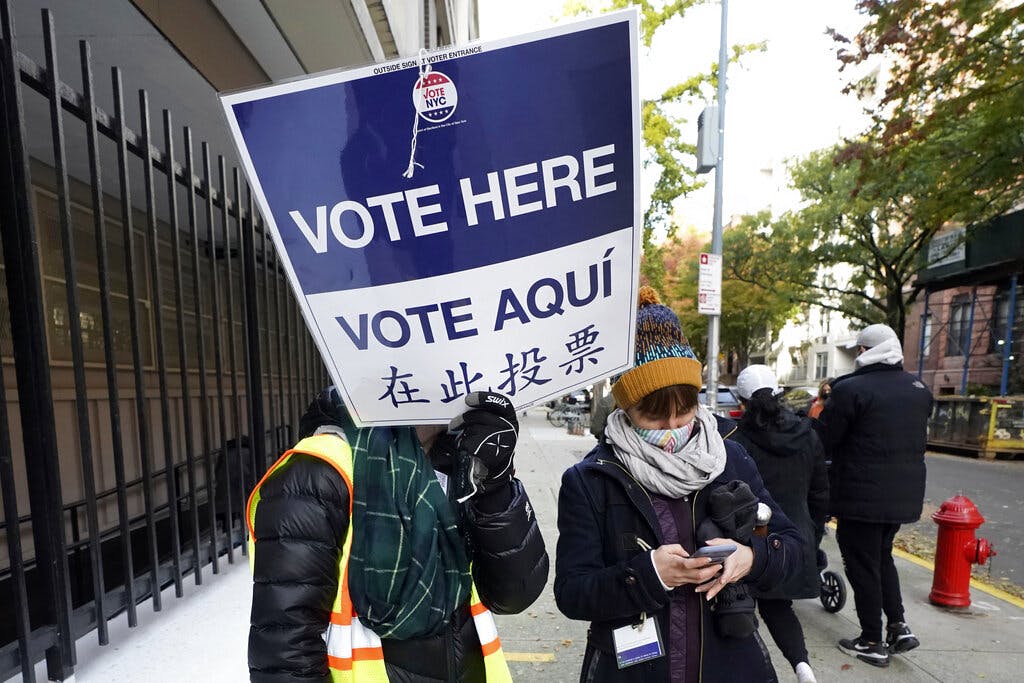
Who Owns Greenland?
By THE NEW YORK SUN
|The judge’s decision raises questions about the viability of similar laws in at least three other states.

$0.01/day for 60 days
Cancel anytime
By continuing you agree to our Privacy Policy and Terms of Service.
Already have an account? Sign In

By THE NEW YORK SUN
|
By LAWRENCE KUDLOW
|
By BENNY AVNI
|
By REBECCA SUGAR
|
By DANIEL EDWARD ROSEN
|
By A.R. HOFFMAN
|
By LUKE FUNK
|
By NOVI ZHUKOVSKY
|